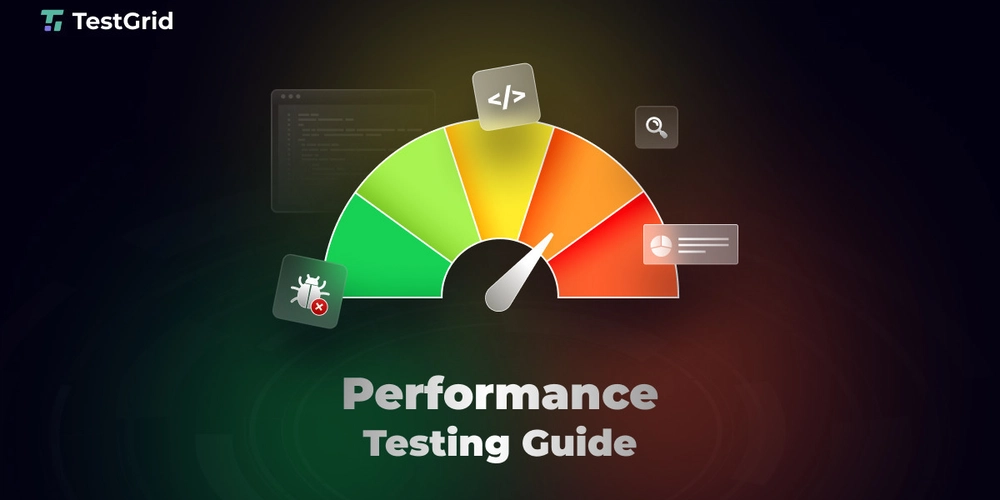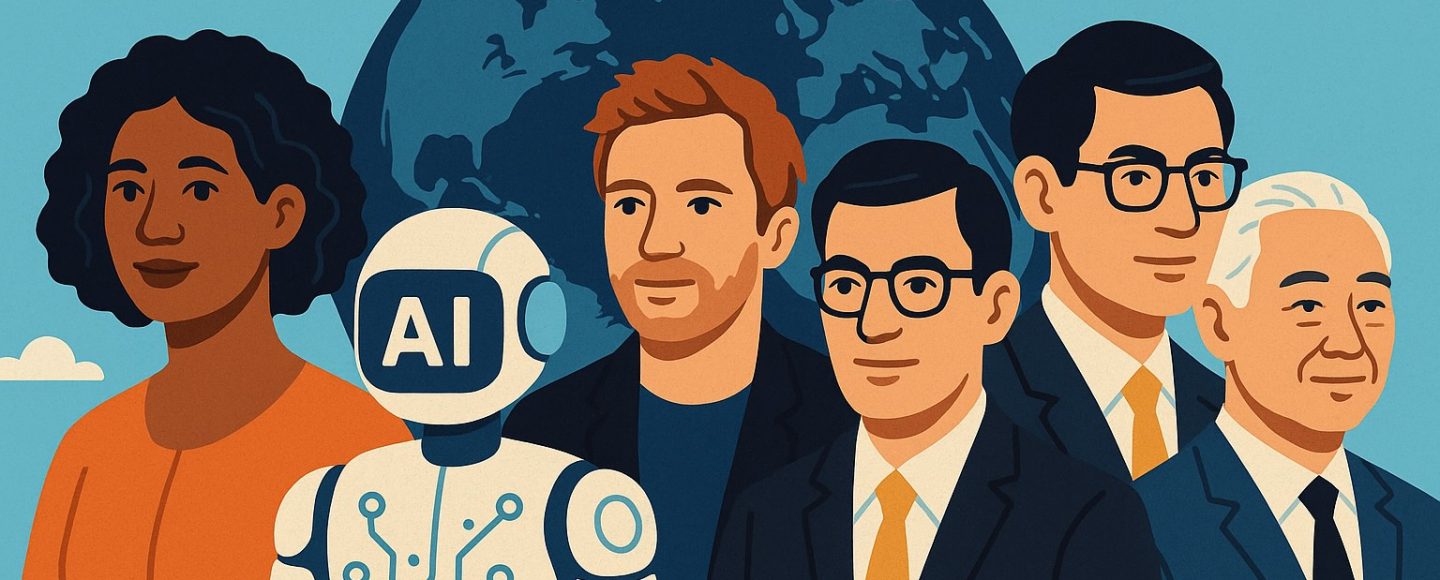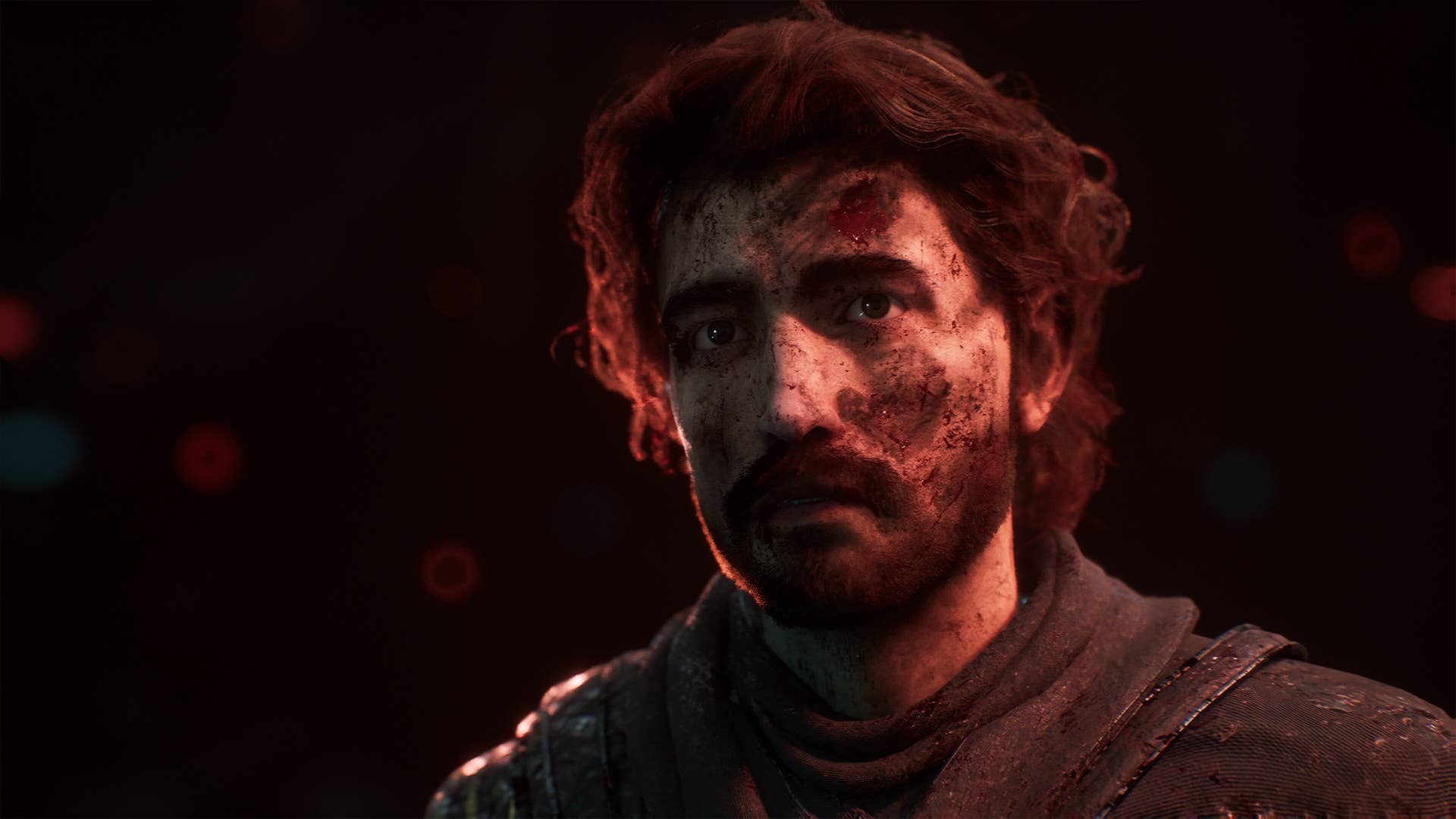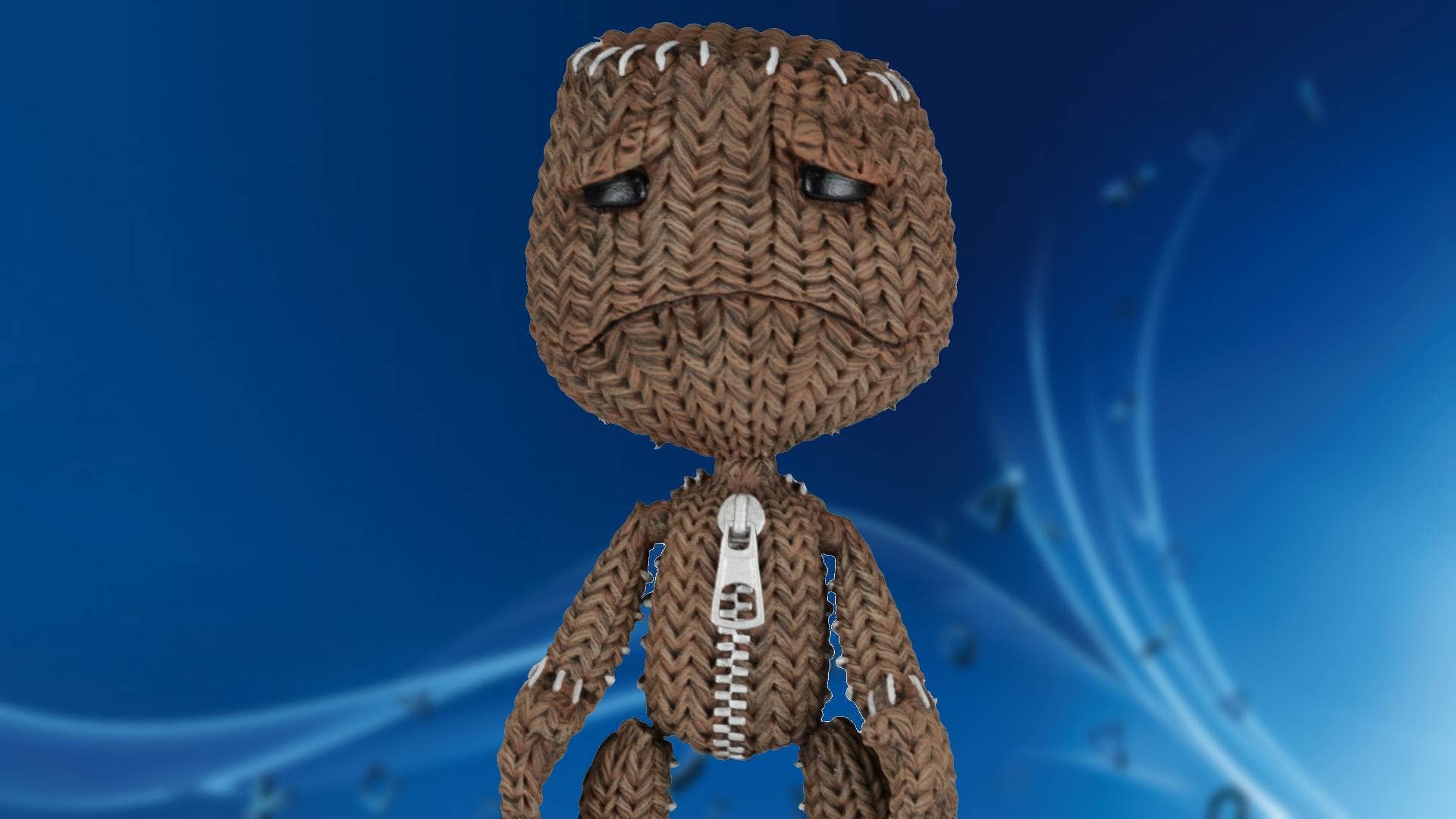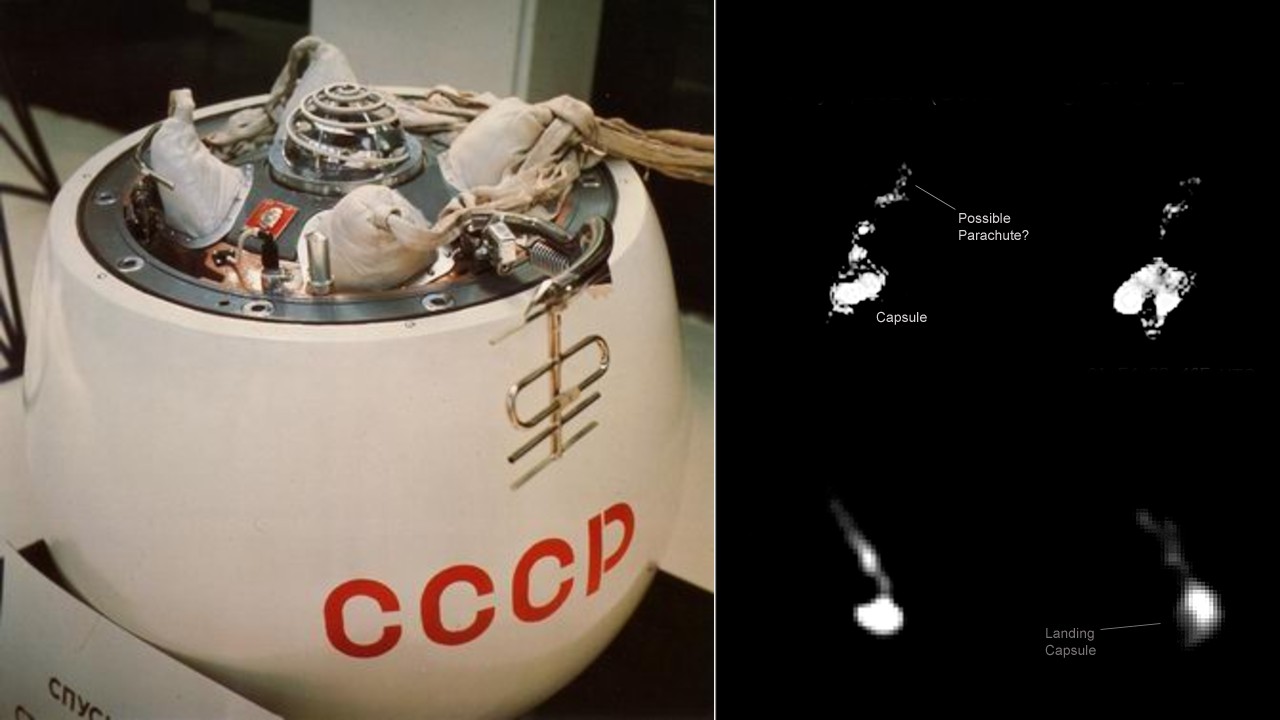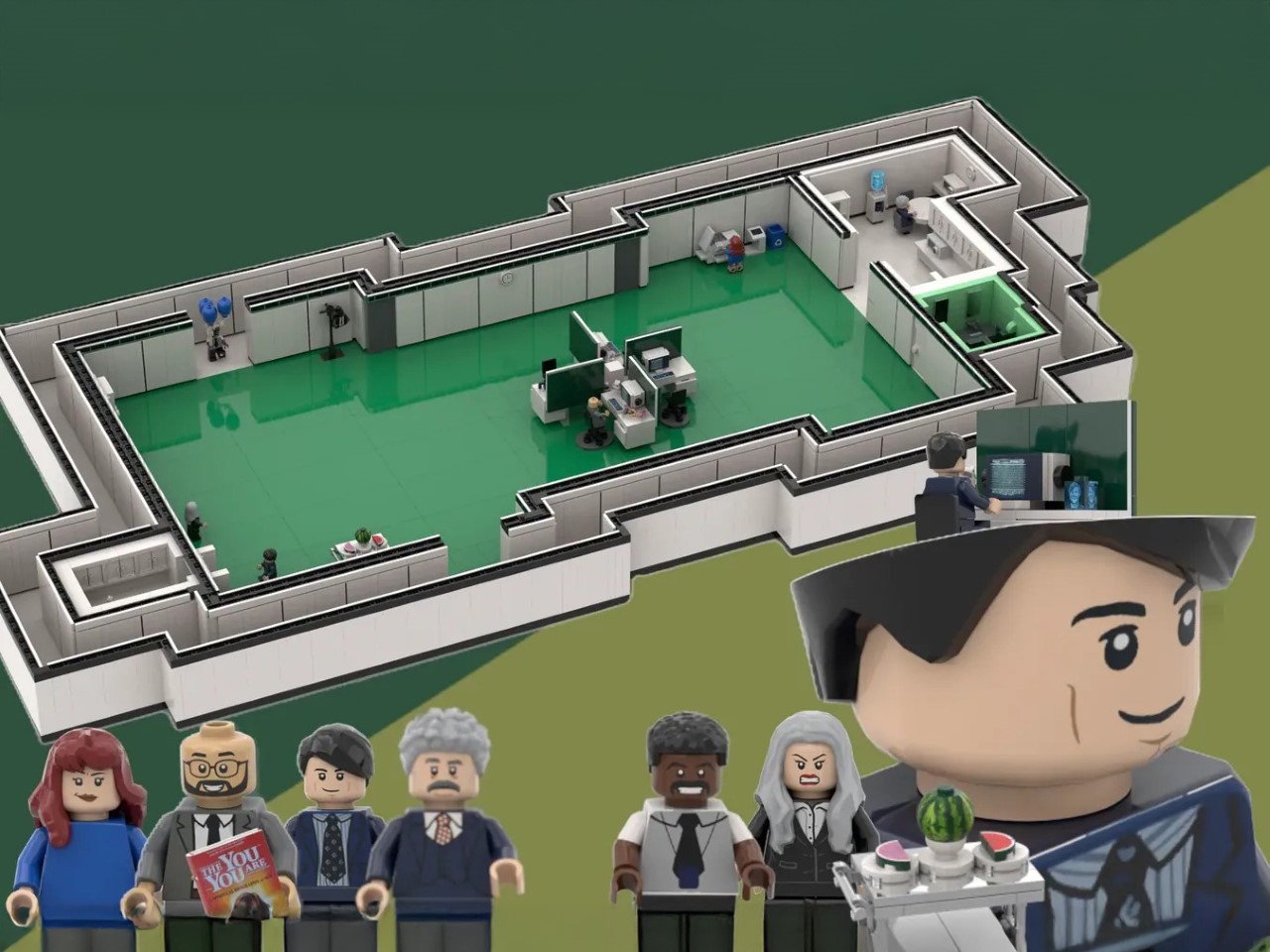Oblivion Remaster Rescues Classic RPG From Skyrim’s Shadow
“Warts and all” is the phrase I kept thinking of when playing The Elder Scrolls IV: Oblivion Remastered. Despite the game’s remake-worthy visuals, audio, and refined gameplay, it’s still the same old 2006 RPG at its core. Comically broken character builds still wander through often repetitive dungeons. Along the way, you do your best to […] The post Oblivion Remaster Rescues Classic RPG From Skyrim’s Shadow appeared first on Den of Geek.
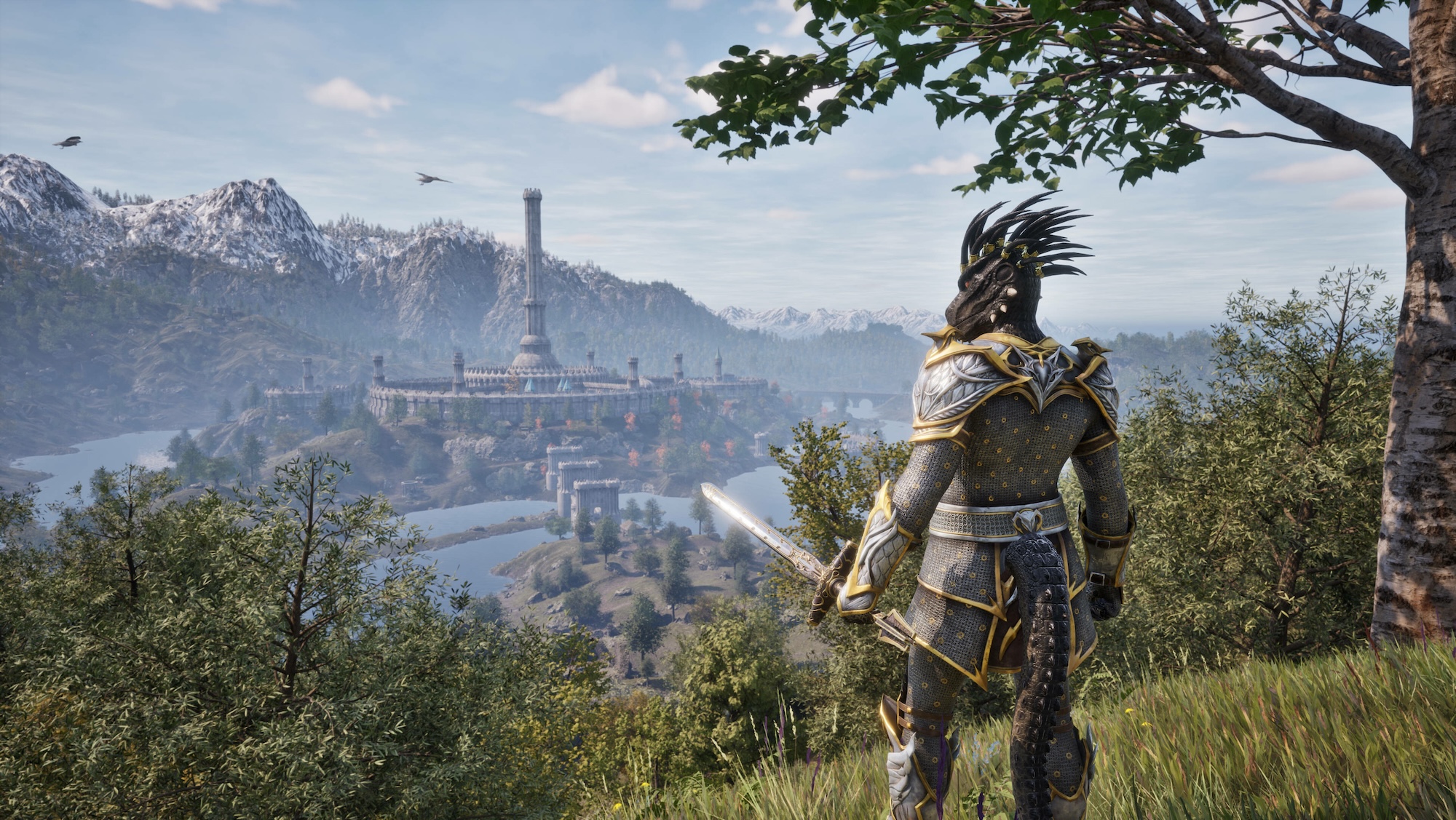
“Warts and all” is the phrase I kept thinking of when playing The Elder Scrolls IV: Oblivion Remastered. Despite the game’s remake-worthy visuals, audio, and refined gameplay, it’s still the same old 2006 RPG at its core. Comically broken character builds still wander through often repetitive dungeons. Along the way, you do your best to navigate janky mechanics and a surprising number of bugs and technical issues. Developers Virtuos and Bethesda Game Studios updated, refined, and improved Oblivion, but they always stopped short of overhauling the core of that experience, warts and all.
And I love them for that. Oblivion has always been a special game to me, as it often is for those who grew up with it. Yet it’s also a game that has long struggled to shake its middle-child legacy. It’s far removed from the early Elder Scrolls games that emphasized the hardcore RPG gameplay of a different era. Yet it’s not nearly as refined a modern open-world experience as 2011’s Skyrim: a cultural juggernaut so powerful that the game’s name is often used as shorthand for the entire franchise. I’ve often had to refer to the upcoming Elder Scrolls VI as “the next Skyrim” just so people knew what I was talking about.
So perhaps it shouldn’t be surprising that many seem surprised by just how good Oblivion is in 2025, especially in this updated form. It’s always been a great game, and those who began to think of it as simply Skyrim’s predecessor, or a rough draft, are sure to be surprised by its delights. The more surprising reaction has come from the growing group of players who realize that some of Oblivion’s best features were not only absent in Skyrim but have been largely absent in many major open-world RPGs released since.
Is Oblivion superior to Skyrim? I’ve argued that it is, but that’s still an argument. Skyrim features smoother combat, hand-crafted dungeons, generally better presentation (especially the voice acting), and a host of other improvements not found in any version of Oblivion. It’s exceptional as both an Elder Scrolls game and its own thing.
But at the same time, we’re not talking about going from a BlackBerry to an iPhone. What more people are realizing is that Skyrim was never an objective improvement over Oblivion. There are specific ways that Oblivion is superior to Skyrim, and many of those ways bring us back to the idea that Oblivion has always been more of a traditional roleplaying experience.
Oblivion lets you craft custom spells while managing an array of attribute points across a far greater variety of skills and classes. It encourages you to truly explore your environment as you complete expertly written quests that force you to consider numerous possible solutions. It tracks your reputation and asks you to manage more dynamic relationships based on the decisions you’ve made.
None of those features are revolutionary. Most are standard RPG fare. However, such features are so standard for traditional roleplaying games that you can’t help but wonder why they were either not included in Skyrim or were notably diluted in that game.
It ultimately comes down to accessibility. The very act of translating a classic tabletop RPG experience like Dungeons & Dragons to a digital environment has always demanded compromises. You simply cannot program all the things that are possible with pen and paper while offering advanced visuals, cinematic presentation, and an accessible interface.
Oblivion is a less mechanically dense RPG than its predecessors, and Skyrim’s success can be partially attributed to the ways it streamlined Oblivion. Such compromises can elevate art by inviting people who would have otherwise been too intimidated by classic roleplaying experiences to enjoy something new and complex. It’s like getting your grandparents to try sushi. You’re going to start them off with a California Roll rather than a piece of eel or urchin. It’s not the be-all end-all, but it’s a step in a more exciting direction.
But there is always a limit. Skyrim represented a shift toward more homogenized RPG design that became the standard when that title proved to be a massive success. To put it another way, Skyrim’s developers asked how to make a game like Oblivion more refined and more accessible. They did a fantastic job of answering that question. The problem is that a decade-plus of developers then looked at Skyrim and asked, “How do we make that game more refined and accessible?”
You can only record over a tape so many times before you start to lose the picture. Returns gradually diminished as the industry abandoned the goal of getting people to work their way toward something more complex. Suddenly more and more people were forced to eat California Rolls because that’s all that was on the menu.
It is a testament to both Oblivion’s timeless qualities and its remaster’s timely updates that the game feels closer to a new generation of roleplaying experiences that offer more complex alternatives. It fits nicely alongside recent RPG hits like Kingdom Come: Deliverance 2, Baldur’s Gate 3, and Clair Obscur: Expedition 33. Those games are throwbacks to a different era of RPGs in many ways, but they are not blind tributes. They use modern design techniques and technology to pick up where we left off years ago and find ways to faithfully translate those core role-playing experiences.
It’s not that such games are necessarily strictly better than everything else out there. It’s quite the opposite, in fact. They are often made by smaller teams working with smaller budgets. That means they’re less visually polished and quite a bit clunkier than the biggest Triple-A experiences. They too have warts.
Yet much like Oblivion Remastered, those games force us to ask some hard questions about the kinds of experiences gaming has lost along the way. Their flaws are often the result of talented creators with a vision that exceeds their grasp. In a time of content slop and products polished to within an inch of their lives, those warts are a pleasant reminder of the humanity behind these projects.
You can’t entirely excuse those issues (and this remaster has numerous technical problems that must still be addressed), but it’s remarkably easy to overlook such flaws when they are acquired in the pursuit of something ambitious and rare. These are games that argue that personality, passion, and trust in players to figure out more complex concepts can make a game feel so much bigger than its budget. You can’t look at their commercial and critical success at a time when everything in gaming is becoming more expensive and not sense a change in the wind.
We’re right to be wary of revisiting even updated versions of old favorite games. Trying to relive our fond memories of old technology rarely goes the way we want it to. Yet thanks to this remarkable remaster, you get the sense that The Elder Scrolls VI would feel more “modern” if it were closer to Oblivion than Skyrim.
The post Oblivion Remaster Rescues Classic RPG From Skyrim’s Shadow appeared first on Den of Geek.












